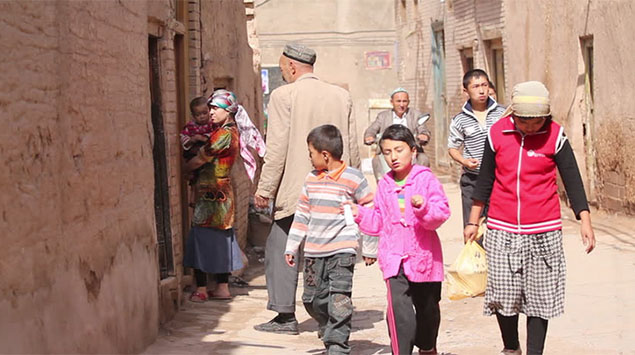
[Sources in Hotan, in the southern part of the region, had previously detailed a list of banned names in 2015, but the ban now appears to have been rolled out region-wide. (Photo: shutterstock.com)]
Xinjiang (China): China has banned dozens of Islamic baby names in the country's largest Muslim-majority Xinjiang province as a part of its "crackdown on alleged religious extremism", Human Rights Watch reported Tuesday citing Radio Free Asia (RFA).
Islam, Quran, Mecca, Jihad, Imam, Saddam, Hajj, and Medina are among dozens of baby names banned under ruling Chinese Communist Party's "Naming Rules For Ethnic Minorities," an official confirmed on Thursday, according to RFA.
"Xinjiang authorities have banned dozens of names with religious connotations common to Muslims around the world, such as Saddam and Medina, on the basis that they could “exaggerate religious fervor", RFA said.
"Children with banned names will not be able to obtain a “hukou,” or household registration, essential for accessing public school and other social services", the reports said.
Asked if names of Islamic scholars were acceptable, the employee replied: "Get him to change it; it's the sort of thing that [could be regarded as] promoting terror and evil cults."
Asked if Yultuzay, a reference to the star and moon symbol of the Islamic faith, was acceptable, he said: "Actually the star and moon are a pagan symbol."
"[Mecca] would be a bit over-the-top ... I don't think you could call someone Saddam, either," he said in response to queries on those names.
"Just stick to the party line, and you'll be fine," he said. "[People with banned names] won't be able to get a household registration, so they will find out from the hukou office when the time comes."
"They have received training in this sort of thing over here [in Xinjiang] so they're the experts [on what is allowed]," he said.
This is just the latest in a slew of new regulations restricting religious freedom in the name of countering “religious extremism", Human Right Watch said.
On April 1, Xinjiang authorities imposed new rules prohibiting the wearing of “abnormal” beards or veils in public places, and imposing punishments for refusing to watch state TV or radio programs.
These policies are blatant violations of domestic and international protections on the rights to freedom of belief and expression, Human Right Watch said.
Sources in Hotan, in the southern part of the region, had previously detailed a list of banned names in 2015, but the ban now appears to have been rolled out region-wide.
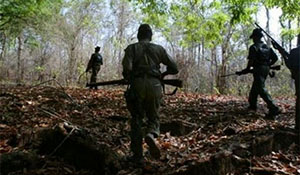
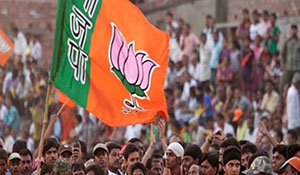


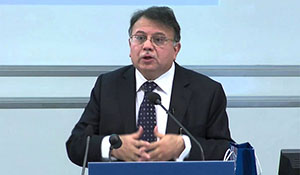


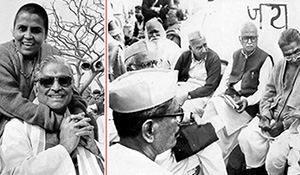


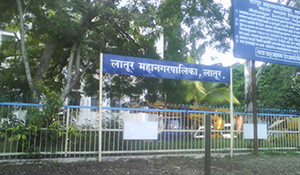

 | Quick links
| Quick links